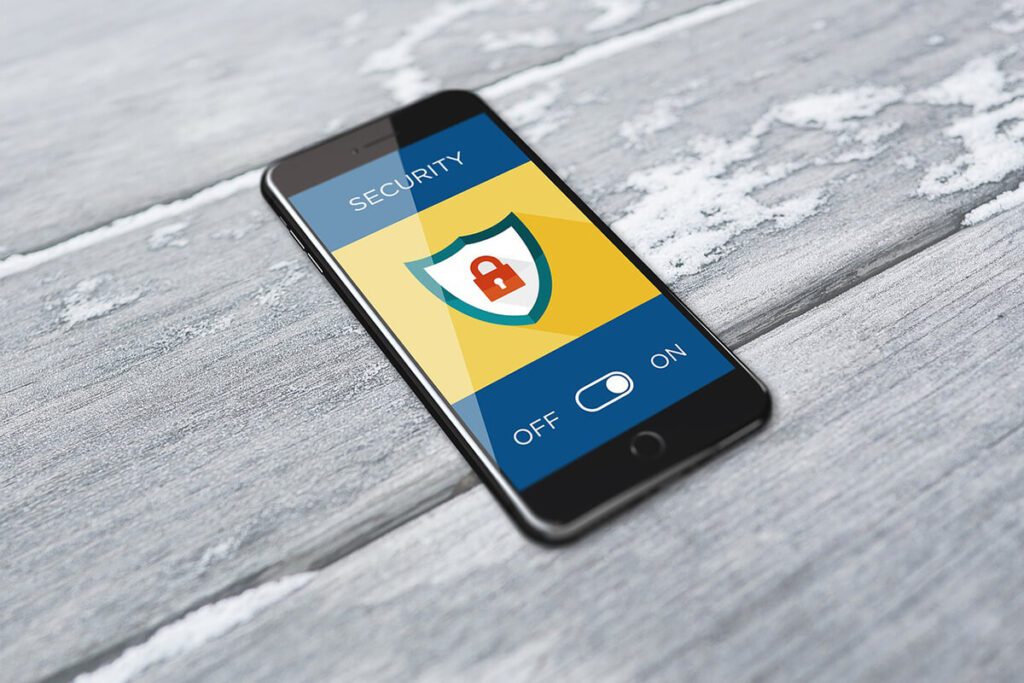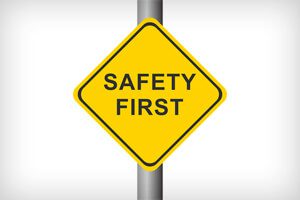
While no city can be called perfectly safe, there are cities doing well in this particular area. And to let the world know them and understand ‘safety’, The Economic Intelligence Unit (EIU) yet again revealed the safest cities in the world. Through broad-ranging research and in-depth interviews with experts, it concluded the results in the ‘Safe Cities Index 2019.’
The report covers safety rankings of 60 cities across 57 indicators. The overall rankings are based on which city performs well in four distinct areas. These include digital security, infrastructure security, health security, and personal security. Apart from this, the report also stresses on climate change. It also focuses on each city’s capacity to resist environmental threats and respond to natural disasters.
Read on to know the key findings of the global research!
Top Ten Safest Cities In 2019
1. Tokyo
For the third time, after 2015 and 2017, Tokyo managed to regain first place as the safest city in the world. The smart city got the first place (score 94.4) in Digital Security for having a robust digital infrastructure with low risk of computer malware. Besides, it also performed well on crime levels and infrastructure designed to withstand natural shocks. During the 2011 earthquake, the city’s Earthquake Early Warning System almost absolutely saved lives by giving a warning before 80 seconds.
For Health Security, it has been positioned in second place. At the same time, it received the lowest score i.e is a fourth-place for Personal Security and Infrastructure Security. Governor Koike stated that for Tokyo, safety has been a leading, long-term focus of the government. And yet, the city continues to innovate in this area.
2. Singapore
Overall, Singapore bagged second place as a safe city. Thanks to its Infrastructure Security and Personal Security, for which it received the first place. It scored full marks (96.9) for continuity management plans, institutional capacity, pedestrian friendliness and disaster-risk informed development, for the former. And for latter, it scored full marks (95.3) in policing related indicators including community-based patrolling, level of engagement and data-driven methods.
3. Osaka
One more city of Japan has been ranked in the top ten and that’s Osaka. The city scored the best of all in the Health Security pillar (Score – 88.5). According to reports, almost each healthcare facility owns advanced healthcare equipment for diagnosis and treatment. And healthcare providers ensure that each patient receives successful treatment as soon as possible. For Infrastructure Security and Personal Security, it was ranked at 2nd and 7th place respectively.
4. Amsterdam
Amsterdam is the safest city in Europe while being in fourth place at the global level. Although it received 4th place (score – 81.6) for health security, it scored higher (92.0) for Infrastructure Security while being on 14th position. The lowest score for healthcare is significantly owing to the high percentage of cancer mortality. For Personal Security, the smart city was placed at 9th position (score – 89.4). The safe city score of the smart city fairly aligns with its rankings in Smart Cities in 2019.
5. Sydney
Sydney gained the best score (93.5) in Infrastructure Security Pillar along with Melbourne at the 7th place. However, for Health Security it received the lowest score (79.8) while being at 11th position. The same position was given for Digital Security but with a different score i.e 89.4. Whereas for Personal Security it captured 10th place.
6. Toronto
The smart city of Toronto got the best score (92.5) for Infrastructure Security. The second best score i.e 90.8 was given for Personal Security. However, it received the lowest score (77.4) for Health Security pillar and was ranked at 17th position. As per experts, the city needs to improve the healthcare facility at the system level. That being said, it is focusing on the same in terms of efficiency, equitability, patient-centred care etc.
7. Washinton DC
Three decades back, Washington DC was seen as the “murder capital” of the US for its rising homicide rate and crime-ridden streets. Today, the same city managed to gain a position as one of the safest cities in the world. Tying with Shanghai, Washington DC bagged 23rd place for Personal Security with a score of 84.0. This shows the level of risk citizens face for crime, violence, natural disasters and man-made threats.
8. Copenhagen


Copenhagen is a newcomer in the Safe City Index of the EIU. The smart city bagged second place as well as the best score (93.6) for Personal Security pillar. It received this score depending on its policies for community-oriented patrolling, level of engagement and data-driven techniques. The second best score was given for Digital security at 11th place and Infrastructure Security at 22nd place.
9. Seoul
Seoul tied with Copenhagen at the eighth place as the safest city in 2019. Its best performance was seen in the Health Security and Infrastructure Security pillar at 3rd (85.2) and 14th (92.4) place.
10. Melbourne
Melbourne is the second city from Australia that entered the top 10 safe city list. The smart city’s best score (93.5) is for its Infrastructure Security. The least score i.e 79.3 was given for Health Security.
Key Findings Of The Safe City Index
The Safe Cities Index 2019 explains the results of the individual index pillars to be similar to a famous quote by Leo Tolstoy. The saying goes that “All happy families are alike: each unhappy family is unhappy in its own way.” In this context, it means that all leading cities provide basic rights to high-quality healthcare, dedicated cyber-security teams, disaster continuity planning and community-based police patrolling. However, the challenges and weaknesses each leading city faces are different in its own way.
Investment for safety
When working for service planning and provision, technological investments for infrastructure can bring several benefits. For example, Improvement in cybersecurity will not just protect the ability of a city to protect the digital systems. But it goes beyond accommodating every kind of security.
The index scores show a powerful correlation with the average income in the cities. Partially, this indicates that sometimes the need lies in making a substantial investment in certain areas essential to security. Two of these include high-quality infrastructure or advanced healthcare systems.
Transparency
According to the report, transparency is as important as wealth to urban security. As emphasised by the interviewed experts, transparency and accountability are key in every pillar of urban security. This starts from the building safer bridges to strengthening the trust required for relevant stakeholders to share information on cyber attacks. Hence, smart cities that are well-governed and accountable are safer cities.
Furthermore, transparency is also an essential element of resilience. The sections in the Safe City Index that directly relate to resilience indicate that, as with safety, generally, higher incomes are associated with better readiness. For instance, if a technologically advanced infrastructure is deployed properly, it can become a vital contributor to resilience. In this context, transparency and accountability seem to be of greater importance. However, if a city is poorly governed it will nearly never be resilient.
Although the index does not offer a general formula for resilience, it points out certain key elements. Some of these are:
- Joint planning by all relevant stakeholders (governmental and non-governmental).
- Preparing for shocks.
- A new understanding of infrastructure that employs the city’s natural assets as tools to improve the shock-absorbing ability.
- Encouraging social connectedness among citizens to create communities that work together in a crisis.



































